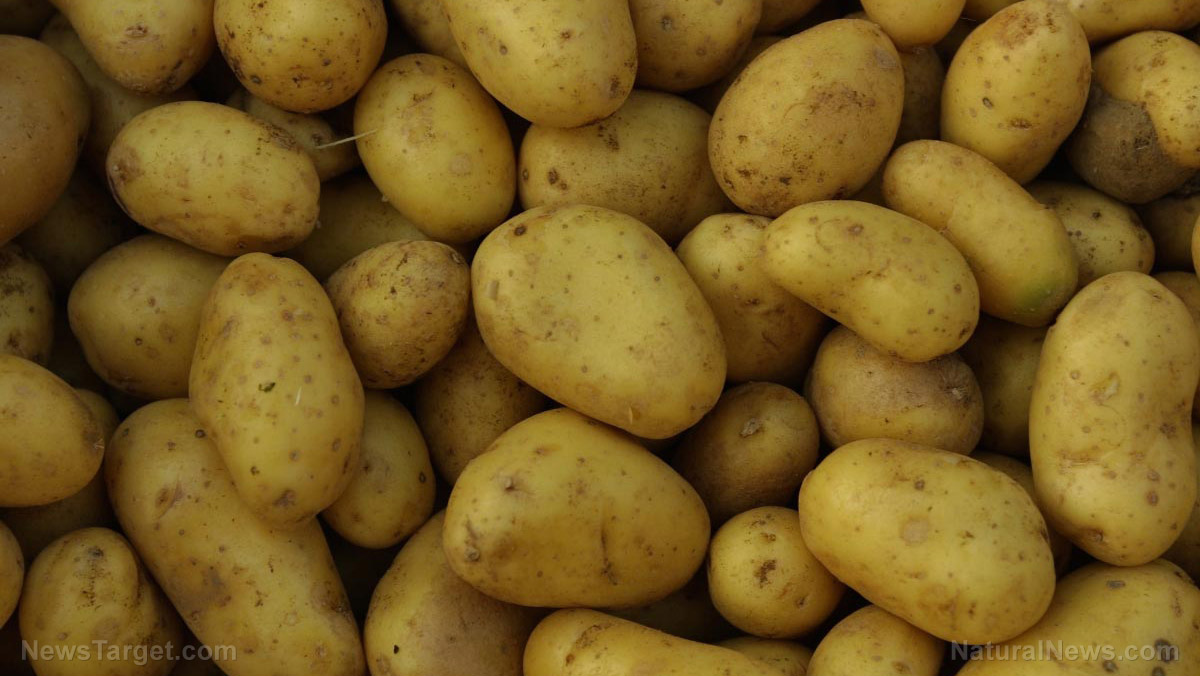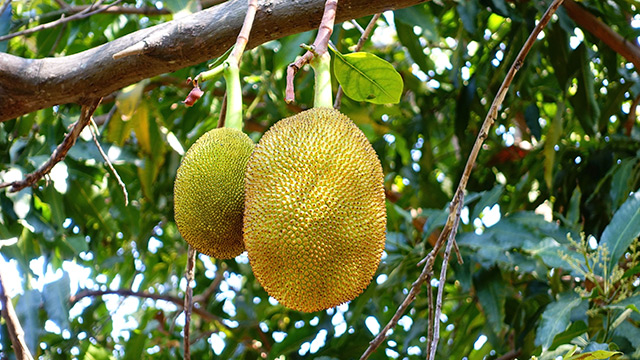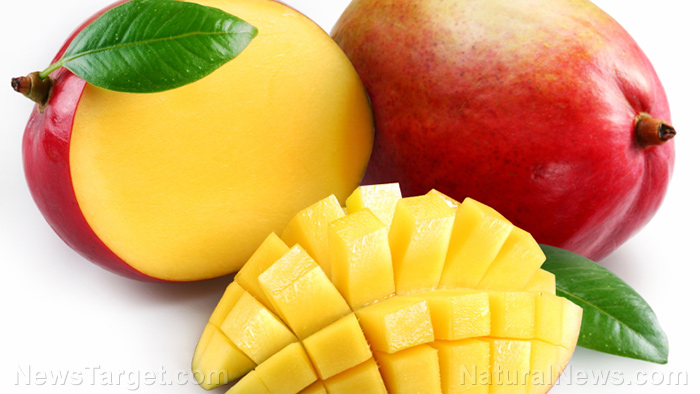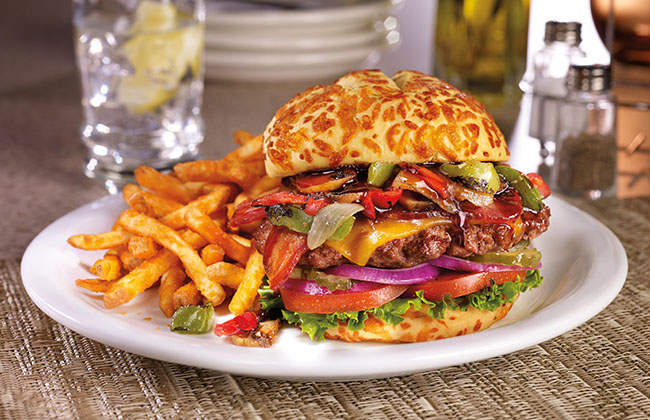The damage is instantaneous: Researchers say even ONE high-fat meal sets you up for heart disease
06/01/2018 / By Ralph Flores

If you think eating healthy throughout the week is enough to warrant you a high-fat cheat day, think again. Scientists report that just having a single high-fat meal is enough for our bodies to be at risk for cardiovascular disease. The study, published at Laboratory Investigation, stated that consuming a meal with a calorie content similar to that of restaurants quickly transforms red blood cells into “small, spiky cells that wreak havoc inside our blood cells.”
From their clinical trials, researchers from the Medical College of Georgia (MCG) observed that relatively healthy individuals, after consuming a single milkshake made with whole milk, exhibited an immune response that was very similar to an infection – in particular, their blood vessels were unable to relax. The results of this study, they believe, can shed light on the dangers of this type of diet and explain isolated cases of heart attacks (even death) after eating a super high-fat meal.
“We see this hopefully as a public service to get people to think twice about eating this way,” explained Dr. Neal Weintraub, the study’s corresponding author and a cardiologist at MCG’s Vascular Biology Center. “Is this food worth your life?”
The study, which involved 10 young men, was the first of its kind to examine the effects of a high-fat diet in a person’s red blood cells, which is one of the most abundant cells in the blood. While these may go unnoticed and go about carrying oxygen, a single high-fat meal transforms these into spiky cells that spew out poison. In particular, they noted that affected red blood cells became smaller and changed shape. These affected cells also contained increased levels of myeloperoxidase (MPO), which is associated to oxidative stress and stiff blood vessels – typical precursors of a heart attack.
Researchers also linked MPO with other conditions, including the inability of blood vessels to relax and the oxidation of HDL (“good” cholesterol) into a contributor to cardiovascular diseases.
“Myeloperoxidase levels in the blood are directly implicated in heart attack,” Weintraub added. “This is a really powerful finding.”
In this study, researchers examined 10 physically healthy men. At the time of the study, the participants had a good medical history, took no prescription medicines, and had good cholesterol and lipid levels. They asked the men to avoid caffeine and intense physical activities 24 hours before they were assessed for cardiovascular risk. In addition, they were also asked to avoid taking vitamin supplements 72 hours prior and fast overnight.
The test, which involved consuming milkshakes with 80 grams of fat and 1,000 calories, was done twice, at seven days apart. They were also asked to consume a cereal meal with 1,000 calories but with very little fat for control. The researchers adjusted the meals so that everyone can get the same amount of fat relative to their body weight.
A diet that helps the heart
Of course, cutting back on unhealthy fats is just one way to give your heart a break. Here are some other ways to make your diets good for the heart.
- Watch how much you eat. Going for seconds and stuffing yourself full can rack up the calories. Keep track of how much you eat, based on the recommended serving per day.
- Eat more fresh fruit and vegetables. Frying or adding too much on vegetables can affect its calorie count as well. (Related: Watermelons lower abdominal fat accumulation and reduce heart-clogging arterial plaque.)
- Go for whole wheat. Unlike its white and refined counterparts, whole wheat contains fiber and other nutrients that are beneficial for the health.
Learn more about the heart-friendly food options by following Food.news today.
Sources include:
Tagged Under: bad cholesterol, baddiet, cardiovascular disease, cardiovascular health, Diets, eating habits, food, food science, Health and Wellness, heart attack risk, heart disease, heart health, high-fat diet, nutrition, oxidative stress, red blood vessels, trans fats



















